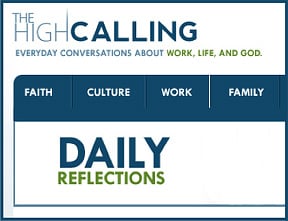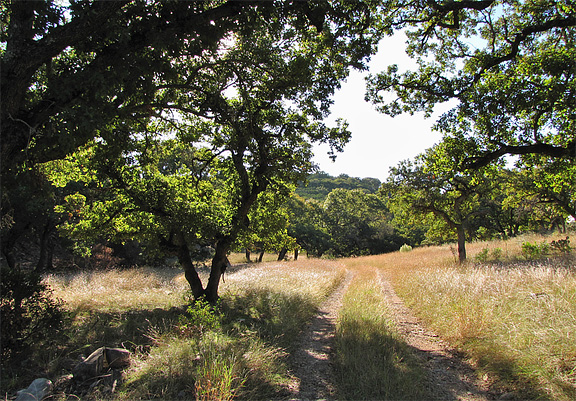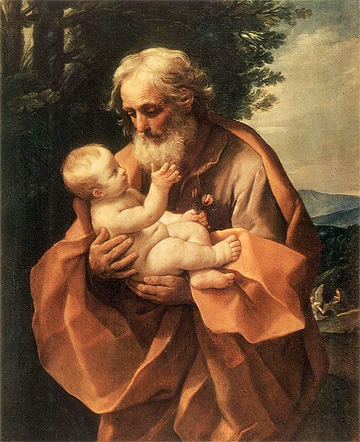You will bring justice to the orphans and the oppressed,
so mere people can no longer terrify them.
PRAYER: Gracious God, how wonderful it is to know
that you care for the weak and powerless. And not just wonderful, but
also instructive. Your priorities teach us to seek justice for orphans,
the oppressed, and others who are powerless.
Give me eyes to see those who need justice. Give me wisdom to know when
I should act and how. Give me compassion for the weak and helpless. May
my heart be shaped by your own heart, dear Lord, my actions by your
actions.
All praise be to you, God of justice and mercy. Amen.
_________________________________________________
 Would you like to receive a Daily Reflection like this one in your email inbox each morning?
Would you like to receive a Daily Reflection like this one in your email inbox each morning?
Here’s how . . . .
This devotional comes from The High Calling: Everyday Conversations about Work, Life, and God (www.thehighcalling.org). You can read my Daily Reflections there, or sign up to have them sent to your email inbox each day. This website contains lots of encouragement for people who are trying to live out their faith in the workplace. The High Calling is associated with Laity Lodge, where I work.


Psalm 10 begins by wondering why the Lord lets the wicked do their evil
deeds and even prosper because of them. The wicked even think God is
absent or, at any rate, not paying attention to what they’re doing. But
the psalm writer knows that God is there and that he is, in fact,
watching. Thus the psalmist cries out for the Lord to punish the wicked,
to give them the justice they deserve.
The psalm ends on a different, tender note. The Lord pays attention,
not only to the wicked, but also to their victims. He knows “the hopes
of the helpless” and hears “their cries” so as to “comfort them”
(10:17). The final verse of Psalm 10 affirms God’s special care for
victims of evil: “You will bring justice to the orphans and the
oppressed, so mere people can no longer terrify them” (10:18). Orphans,
in the ancient world, were often completely helpless and homeless. They
were easily abused, enslaved, or simply left to die without anyone to
care for them. The oppressed were those who were trampled by tyrants and
others who abused their power. The Hebrew word translated as
“oppressed” literally means “crushed.”
The fact that God seeks justice for the powerless victims in society
offers a word of hope to them. It also reminds those of us who have
power to use our power for God’s purposes. We must be people who seek
justice for orphans, the oppressed, and others who cannot secure justice
for themselves. If we have authority, such as in the workplace or the
family, we must seek to treat those in our care fairly. Where we have
the opportunity to do so, we must work for justice in systems and
institutions, even as we lift our voices to defend the rights of the
defenseless. Justice for those who lack it is not a partisan political
concern, but rather a central passion of the Lord and all who seek to
follow him.
QUESTIONS FOR FURTHER REFLECTION: In what facets of
life do you have the opportunity to seek justice for others? How would a
commitment to justice make a difference in your daily life?